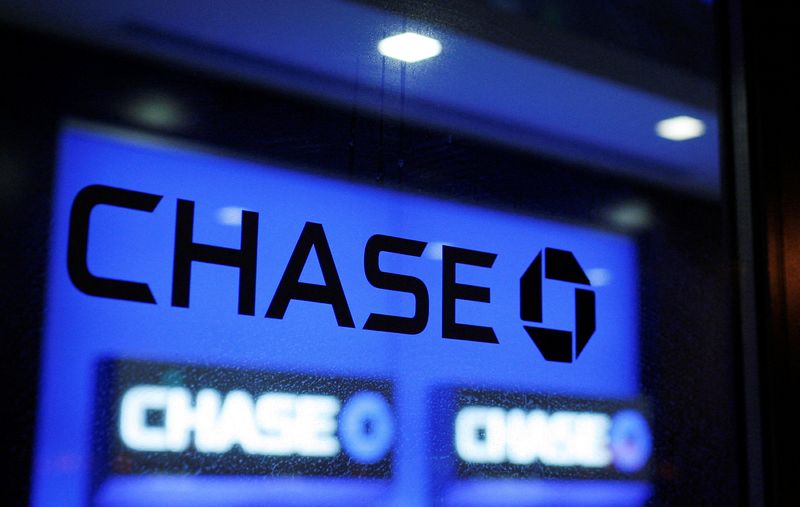By David Henry
NEW YORK (Reuters) - Big U.S. banks are expected to show a sharp decline in first quarter earnings from a year ago, when they benefited from exceptionally strong dealmaking and trading, and funds set aside for loan losses being released.
Net income for the six biggest U.S. banks will be down about 35% from a year earlier, according to analyst estimates from Refinitiv I/B/E/S. Investment banking revenues stalled after the Russian invasion of Ukraine in late February.
The quarter will be challenging for the biggest banks, according to analyst Christopher McGratty of Keefe, Bruyette & Woods. Estimated revenue declines of 36% in investment banking and 18% in trading are the biggest headwind, he said.
"Last year was massive for capital markets at the banks so comparisons are hard," McGratty said.
The quarter could be seen as short-term pain with the promise of long-term gain, analyst Jason Goldberg of Barclays (LON:BARC) wrote in a report. An example came on March 31 when PNC Financial Services Group (NYSE:PNC) lowered its first-quarter revenue forecast but increased its full-year expectations, he noted.
Investors are expected to focus more on the prospects for banks to increase their net interest income, or the difference between income from loans and interest paid on deposits and other funds, as they benefit from higher interest rates.
Bank executives will be asked for views on whether the U.S. economy will continue to grow if the war in Ukraine continues and the Federal Reserve continues to raise interest rates to try to cool inflation. They may be pressed on whether lower-income borrowers can make repayments after the rise in gas and food prices.
JPMorgan Chase & Co (NYSE:JPM), the largest bank in the United States, reports results on Wednesday.
On Thursday, Citigroup Inc (NYSE:C), Wells Fargo (NYSE:WFC) & Co, Goldman Sachs Group Inc (NYSE:GS) and Morgan Stanley (NYSE:MS) report. Bank of America Corp (NYSE:BAC) is due the following Monday.
Analysts expect pre-provision net revenue - which is not clouded by swings in loss reserves set during the pandemic - to decline more modestly than overall profits plunge.
Credit Suisse (SIX:CSGN) analyst Susan Roth Katzke expects a 7% decline in pre-provision net revenue compared with a 24% decline in earnings per share at the banks she covers.
An area of increasing concern to investors is whether banks, particularly JPMorgan, are allowing expenses to increase too much. JPMorgan's non-interest expenses jumped 11% in the last quarter, partly due to higher wages. It has also warned of rising technology and acquisition costs.
Banks are more exposed to possible trading losses this quarter, particularly in commodities markets which turned volatile after Russia launched what it calls a "special military operation" in Ukraine.

Some banks, such as Citigroup, may make provisions for losses on Russian businesses after Western nations began imposing sanctions. Citigroup has said it could lose nearly half of its $9.8 billion exposure in a severe scenario.
Another unknown is how much banks slowed their share buybacks during the quarter. Buybacks lift earnings per share, but they may have been tempered as banks saw their excess capital dented by unrealized losses on bond holdings which fell in value as yields rose during the quarter. [L2N2W31XD]